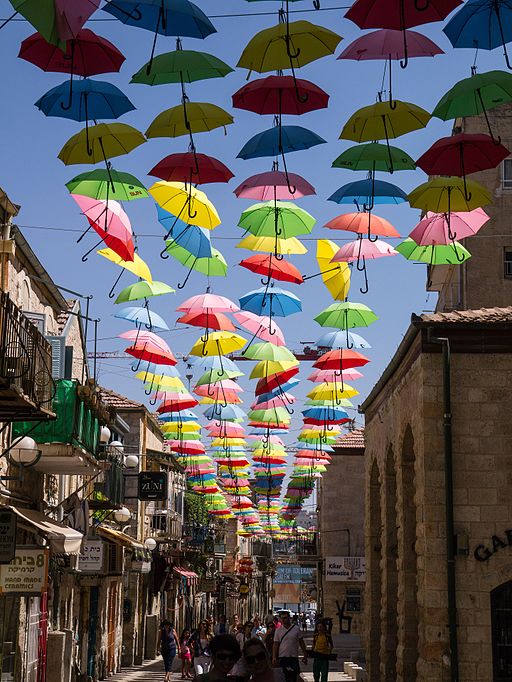
By Juozas Šalna from Vilnius, Lithuania (Flickr) [CC BY 2.0 (http://creativecommons.org/licenses/by/2.0)], via Wikimedia Commons
What is Relational Justice?
I just watched Michael Moore’s (2016) film, Where to Invade Next. It’s all about Relational Justice. In the two-hour movie, Moore visits eight countries to steal good ideas and bring them back to the U.S. He also raises some questions that have been with me all day.
- What caused our country to be so anxious?
- And what effect does our country’s anxiety have on me personally?
- How did we get to be a nation that denies each other basic humanity? Basic food, shelter, clothing, healthcare, and education?
- Why do we hide from our sins (e.g., slavery) and gloss over them in the teaching of history?
- When I consider these questions about the nation to which I belong, what does it mean about me?
If you disagree with my beginning premises, that’s okay, just allow the mental exercise. I don’t have all the answers here, but I have guesses and I’d love your thoughts.
In the movie, Michael steals:
- Healthcare for All!
- Let Children be Children!
- Stop Punishing (and Start Treating) Drug Abusers!
- Paid Vacation for All!

By Jos Dielis (Évora Uploaded by tm) [CC BY 2.0 (http://creativecommons.org/licenses/by/2.0)], via Wikimedia Commons
LOVE EACH OTHER.
How would our use of antidepressants, anti-anxiety medications, prescription pain medications, heroin, and methamphetamine be different if we truly loved people? How would our relationship to government change if we believed in relational justice? What would our business practices be if we lifted people up? How much would we pay the minimum wage worker? What would our diets and school menus look like if we believed everyone deserves love, health, and happiness?
I believe this kind of love means Relational Justice, acts of kindness that communicate a high value on human (and potentially, all) life.
- How would relational justice improve our parenting?
- How could relational justice reduce our fears of aging?
- What would happen if we took better care of each other?
Relational Justice = Love
Social justice sounds lofty and unattainable, but it begins with Relational Justice. Relational Justice means loving our neighbor. The Golden Rule. Practicing Love. Giving. Promoting People’s Happiness. Relational Justice takes an attitude like Jesus, like Nelson Mandela, like Michael Moore. Relational Justice means you feel it personally when your neighbor has nowhere to sleep tonight. You (I) can’t sleep if they can’t eat. We feel it when they suffer. We want their happiness as much as we want our own.
PS: Love, happiness, and world peace are all topics for EMDR therapy.
[dacta]
Like to Subscribe?
Get notified when Deborah shares new ideas, art, and creative health information for you.
You have Successfully Subscribed!
We respect your privacy. No information will be shared.